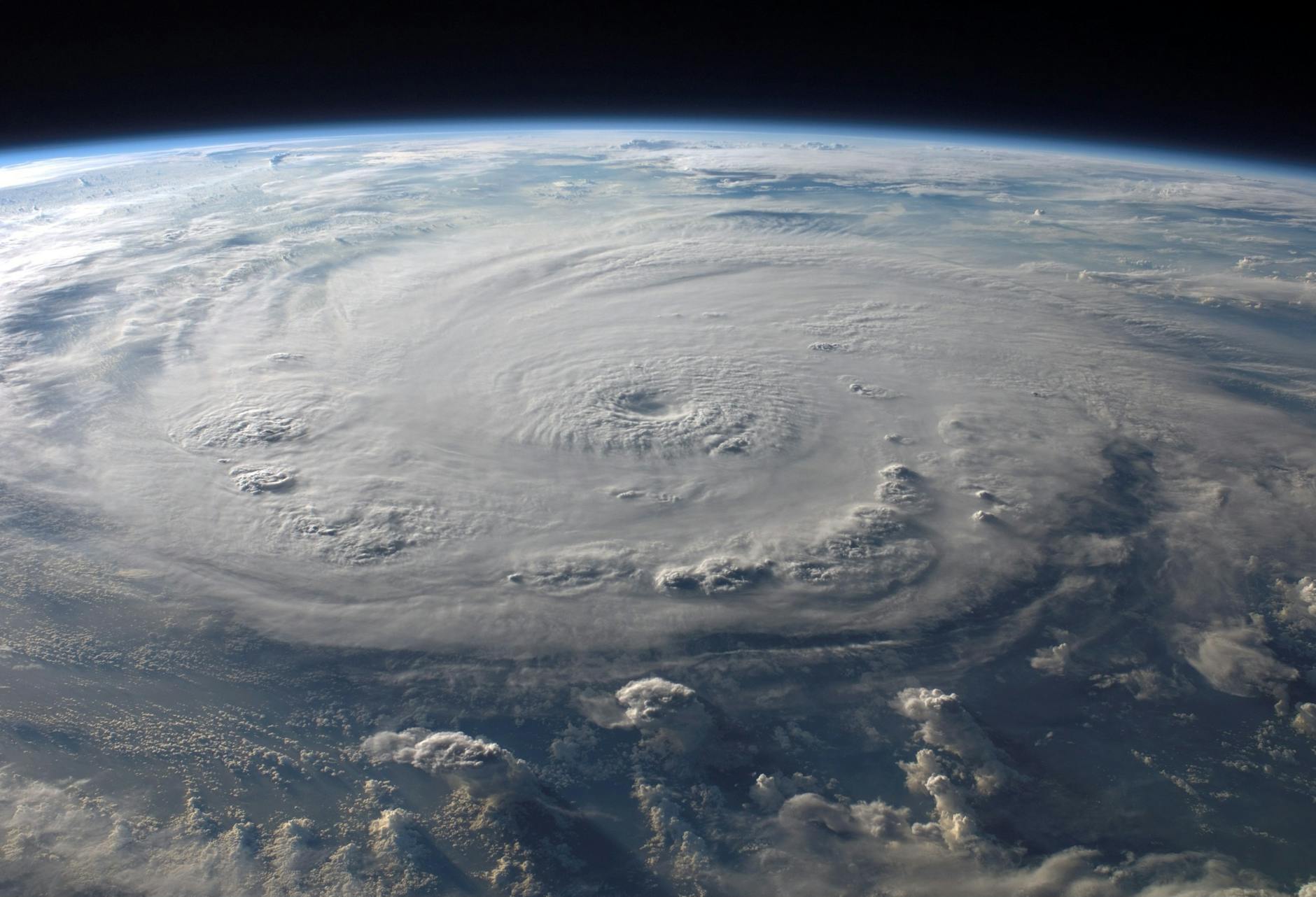
A recent study published by top hurricane experts in the journal Nature Communications found that the percentage of tropical systems that have intensified rapidly in the Atlantic Ocean has tripled over the last three decades, and climate change is a major reason why. According to the study, storms that intensify quickly reach major hurricane status about 80% of the time and are associated with the highest forecast errors. As a result, these rapidly intensifying storms can lead to disastrous scenarios when coastal areas are not given adequate notice to evacuate and prepare for an extremely intense storm.
As CBS explained, one storm that recently burst into a powerhouse was Hurricane Michael, which slammed into the Florida Panhandle in October. In the 24 hours leading up to its landfall, Michael’s winds jumped 45 mph — taking the storm from a strong category 2 to a devastating high-end category 4 with winds of 155 mph. The spike resulted in many people being underprepared and the storm caused $25 billion in damage, making it the year’s costliest disaster in the country. The Washington Post added that the findings come in the wake of two of the most damaging years for hurricanes and other extreme events. In 2017, according to NOAA figures, the United States saw $306 billion in disaster losses, largely driven by Hurricanes Harvey, Maria and Irma. In 2018, Hurricanes Florence and Michael were major factors in a $91 billion damage total.
Why This Matters: We have the ability to curb our greenhouse gas emissions and slow the effects of climate change, we just need the political will and to vote for candidates who will support comprehensive climate legislation. If we don’t do something about climate change it will mean that millions of Americans who live in hurricane-prone areas will become more vulnerable than ever. If hurricanes intensify more unpredictably it will ensure that people will not have enough warning to evacuate and the likelihood of fatalities will increase.
February 11, 2019 » climate change, Hurricanes, storms


